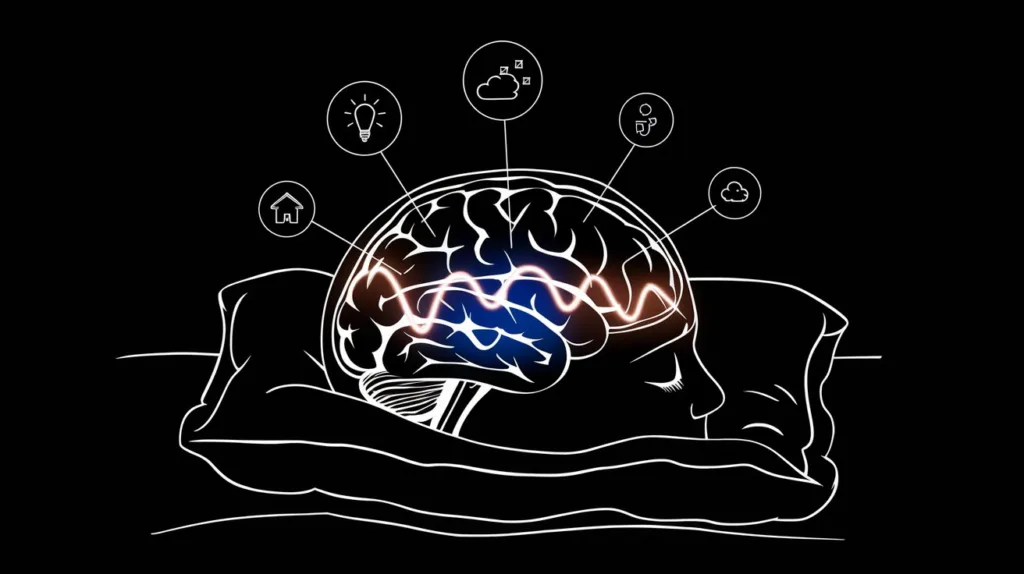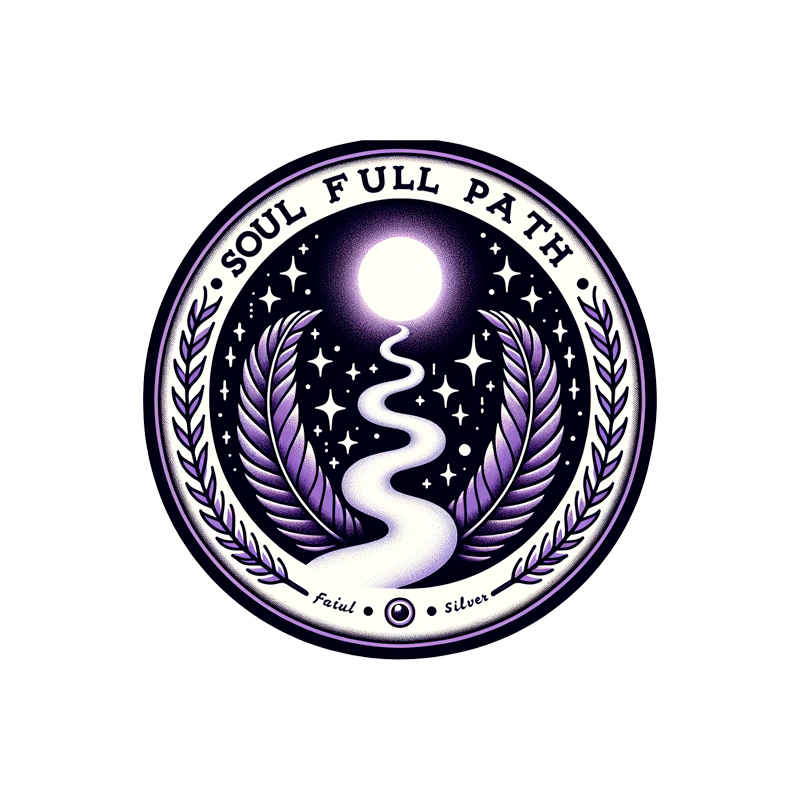Introduction
Have you ever woken up with a fleeting glimpse of a dream, only to have it slip away moments later? You’re not alone. Many people struggle to remember their dreams, missing out on a wealth of insight, creativity, and self-discovery. In this comprehensive guide, we’ll explore effective techniques to remember your dreams and boost your dream recall, enhance your sleep quality, and tap into the hidden potential of your subconscious mind.
Key Takeaway: Improving dream recall is a skill that can be developed through consistent practice, mindfulness, and the right techniques. By implementing the strategies outlined in this post, you can significantly enhance your ability to remember and benefit from your dreams.
Understanding the Science of Dreams


Before diving into techniques, let’s briefly explore the science behind dreams and memory:
The Role of REM Sleep
Dreams primarily occur during Rapid Eye Movement (REM) sleep, a stage characterized by increased brain activity. During REM sleep:
- Your brain processes and consolidates memories
- Neurotransmitters like norepinephrine fluctuate, affecting memory formation
- Your body experiences temporary paralysis to prevent acting out dreams
State-Dependent Memory
One reason dreams are often difficult to remember is due to state-dependent memory. This phenomenon occurs because:
- Memories formed in one state (sleeping) are harder to recall in another state (waking)
- The transition from sleep to wakefulness can disrupt the fragile process of dream memory formation
Now that we understand the basics, let’s explore practical strategies to enhance your dream recall.
10 Effective Techniques to Remember Your Dreams


1-Keep a Dream Journal
- Place a notebook and pen by your bed
- Write down dreams immediately upon waking
- Include as many details as possible, even fragments
2- Set Clear Intentions
- Before sleep, affirm your desire to remember dreams
- Visualize yourself waking up and recalling dreams vividly
3- Wake Up Slowly
- Avoid sudden movements or opening eyes quickly
- Stay in the same position you woke up in
- Allow yourself to linger in the hypnopompic state
4- Practice Mindfulness
- Engage in regular meditation or mindfulness exercises
- Enhance your overall awareness and metacognition
5- Optimize Your Sleep Environment
- Ensure a comfortable sleeping position
- Minimize distractions and maintain a consistent sleep routine
6- Use Voice Recording
- Keep a voice recorder or smartphone nearby
- Record dream details immediately upon waking
7- Engage in Daytime Rehearsal
- Periodically throughout the day, ask yourself, “Am I dreaming?”
- This habit can carry over into your dreams, promoting lucid dreaming
8- Review Dreams Before Bed
- Read through recent dream journal entries before sleep
- This primes your mind for dream recall
9- Pay Attention to Emotions and Sensations
- Focus on the feelings and sensory experiences in your dreams
- Emotions are often easier to recall than specific details
10- Practice Backward Recall
- Start with the last thing you remember and work backwards
- This technique can help uncover additional dream fragments
The Dream Recall Process
To maximize your dream recall, follow this process:
- Set your intention before sleep
- Wake up slowly, keeping your eyes closed
- Remain in your sleeping position
- Allow dream fragments to surface
- Focus on emotions and sensations
- Use backward recall to uncover more details
- Write or record your dream immediately
- Throughout the day, reflect on your dreams
Dream Journal Templates
Here are two simple templates to help structure your dream journaling:
Basic Dream Journal Entry
| Element | Description |
|---|---|
| Date | [Today’s date] |
| Dream Title | [A brief, descriptive title] |
| Key Elements | [List 3-5 main components of the dream] |
| Emotions | [Dominant feelings experienced] |
| Symbols | [Any recurring or significant symbols] |
| Possible Meanings | [Initial thoughts on interpretation] |
Detailed Dream Analysis Template
| Element | Description |
|---|---|
| Date | [Today’s date] |
| Dream Title | [A brief, descriptive title] |
| Dream Narrative | [Detailed account of the dream] |
| Emotions | [List all emotions experienced] |
| Sensory Details | [Sights, sounds, smells, tastes, textures] |
| Key Characters | [People or figures in the dream] |
| Symbols | [Objects or events with potential significance] |
| Themes | [Overarching themes or patterns] |
| Waking Life Connections | [Any links to recent experiences or thoughts] |
| Questions for Reflection | [Areas for further exploration] |
The Benefits of Improved Dream Recall
Enhancing your ability to remember dreams can lead to numerous benefits:
- Increased Self-Awareness: Dreams often reflect our subconscious thoughts and emotions, providing valuable insights into our psyche.
- Enhanced Creativity: Many artists and innovators have found inspiration in their dreams.
- Problem-Solving: Dreams can offer unique perspectives on challenges we face in waking life.
- Emotional Processing: Dreams may help us work through complex emotions and experiences.
- Spiritual Growth: For some, dreams serve as a gateway to deeper spiritual understanding.
- Improved Memory: The practice of dream recall can enhance overall memory function.
- Stress Reduction: Understanding our dreams can help alleviate anxiety and stress.
Overcoming Common Challenges in Dream Recall
Even with consistent practice, you may encounter obstacles in your dream recall journey. Here are some common challenges and solutions:
Challenge 1: Fragmented Recall
Solution: Focus on capturing even the smallest details. Over time, these fragments can piece together into more coherent narratives.
Challenge 2: Inconsistent Results
Solution: Be patient and persistent. Dream recall is a skill that improves with practice. Celebrate small victories and maintain a consistent routine.
Challenge 3: Difficulty Distinguishing Dreams from Reality
Solution: Engage in reality checks throughout the day. This habit can carry over into your dreams, promoting lucid dreaming and clearer recall.
Challenge 4: Forgetting Dreams Quickly
Solution: Keep your dream journal or voice recorder within arm’s reach. Train yourself to record dreams immediately upon waking, before engaging in any other activities.
Advanced Techniques for Dream Exploration
Once you’ve mastered basic dream recall, consider exploring these advanced techniques:
- Lucid Dreaming: Learn to become aware that you’re dreaming while still in the dream state.
- Dream Incubation: Set an intention to dream about a specific topic or problem.
- Dream Delving: Revisit and explore dreams through meditation or guided imagery.
- Dream Sharing: Discuss your dreams with others to gain new perspectives and insights.
- Dream Art: Create visual representations of your dreams through drawing, painting, or digital art.
Conclusion
Remembering your dreams is a skill that can be developed and refined over time. By implementing the techniques outlined in this guide, maintaining a consistent practice, and approaching the process with curiosity and patience, you can unlock the rich world of your subconscious mind. Whether you’re seeking creative inspiration, personal growth, or simply a deeper understanding of yourself, improved dream recall can be a powerful tool on your journey of self-discovery.
Remember, the key to success lies in consistency and a genuine interest in exploring your inner world. Sweet dreams, and happy dreaming!





